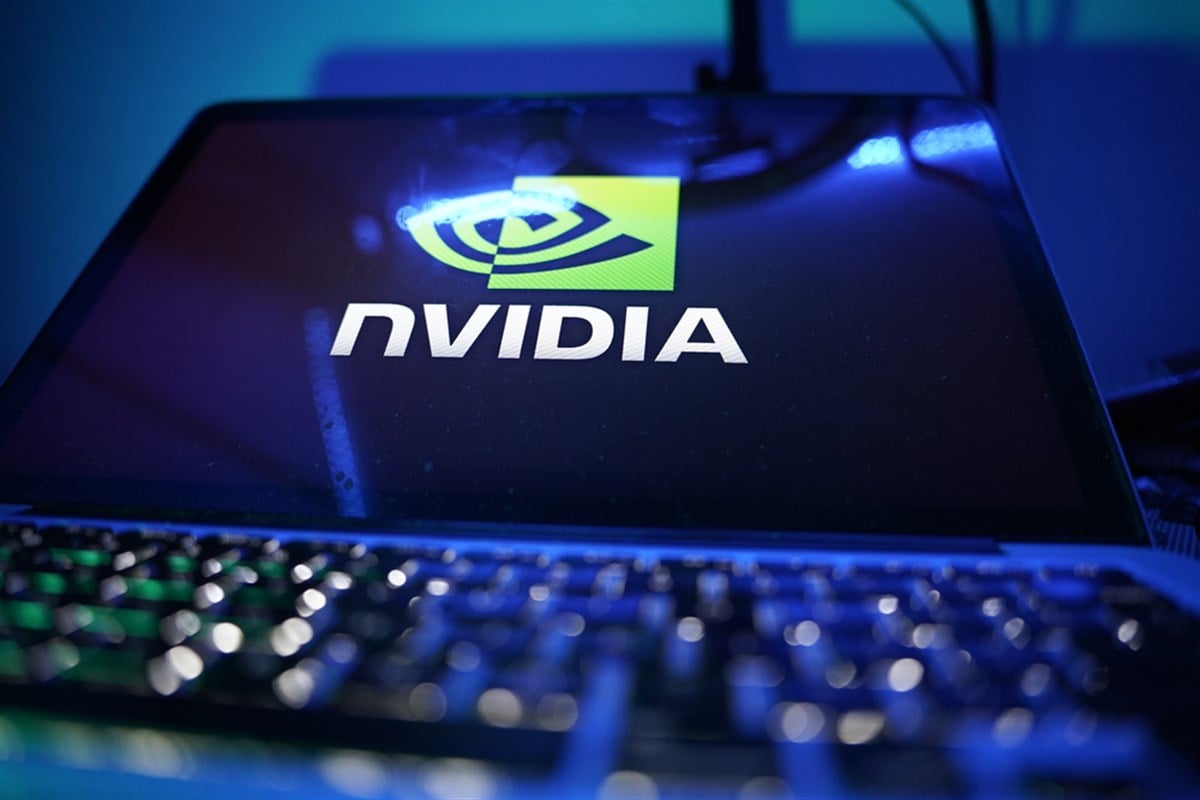
Few investors at the start of the year would have expected NVIDIA Corporation (NASDAQ: NVDA) to be “trading in bear territory” by the end of the summer. But that’s exactly what Goldman Sachs called it yesterday, as the tech titan continued to struggle for upward momentum after last week’s earnings report.
Indeed, a 10% drop in NVIDIA shares this past Tuesday caused what’s been called the largest single-day market cap loss in history. The stock is now down close to 20% from its pre-earnings high and 25% from June’s all-time high.
NVIDIA's Cagey Performance
While it was undoubtedly one of the best-performing stocks in the first half of the year, the bulls look nowhere to be seen right now with NVIDIA shares, and they’re quickly outpacing the broader market with this current decline. For context, the benchmark S&P 500 index has only been down 1% for the past two weeks, compared to NVIDIA’s 20% decline.
But for all that, there are reasons to be cautiously bullish, especially for investors with the right kind of risk appetite. NVIDIA still holds upwards of 90% of the global AI chip market and is, without a doubt, the hottest stock out there right now. The Fed has made it clear that they intend to start cutting rates soon, and this can only benefit growth stocks like NVIDIA, which bodes well for its continued growth.
Let’s jump in and take a closer look at the bull’s thesis.
Bullish Outlook for NVIDIA: Record Revenues and AI Leadership
For starters, the company’s phenomenal fundamental performance, as seen most recently in last week’s Q2 earnings, is unsurprising. Given that they’ve only missed analyst expectations once since 2015, NVIDIA smashed the consensus and delivered a strong, all-around beat. Instead of the $0.64 analysts were expecting for the company’s earnings, they got $0.68 a share, while revenue was also hot and showed year-over-year growth of more than 122%.
The good news didn’t stop there. Against the consensus that Q3’s revenue would be $31.75 billion, NVIDIA gave fresh guidance for it to land closer to $32.5 billion, while management approved an additional $50 billion in share repurchases.
By any measure, this was a stellar report, and one most companies would die for. NVIDIA’s outlook and growth prospects remain exceedingly bullish, with CEO Jensen Huang noting that we “achieved record revenues as global data centers are in full throttle to modernize the entire computing stack with accelerated computing and generative AI.”
NVIDIA’s Post-Earnings Sell-Off: An Opportunity for Investors?
However, the stock has done nothing but see a sell-off since the report was released, a trend that is perplexing investors and analysts alike. Given how much it has dominated headlines for the past year, there’s a chance the market suffers a little from AI fatigue, if not NVIDIA fatigue. But if this is the case, then it can only be good for those of us on the sidelines.
It’s not very often that you see a stock deliver that kind of performance and then manage to catch an entry as it falls well below its pre-earnings level. It would be one thing if there were concerns that NVIDIA was hopelessly overvalued and that the results were good but not good enough, but with a price-to-earnings ratio of just 50, you’d be hard-pressed to make that call and stand over it.
Instead, there has been an overwhelming flood of analysts reiterating their Buy, Outperform, and Overweight ratings on NVIDIA shares, with the majority boosting their price targets. Take Sanford C. Bernstein, for example, who did just that with a fresh price target of $155. Or Benchmark, which came out with a boosted price target of $170.
Considering NVIDIA shares closed below $110 on Wednesday night, both are solid reasons for investors to be excited. But they’re not even the highest; that was from Rosenblatt Securities, who, with a $200 price target, are calling for as much as 85% upside from current prices. Now, that’s a reason to be excited if ever there was one.






